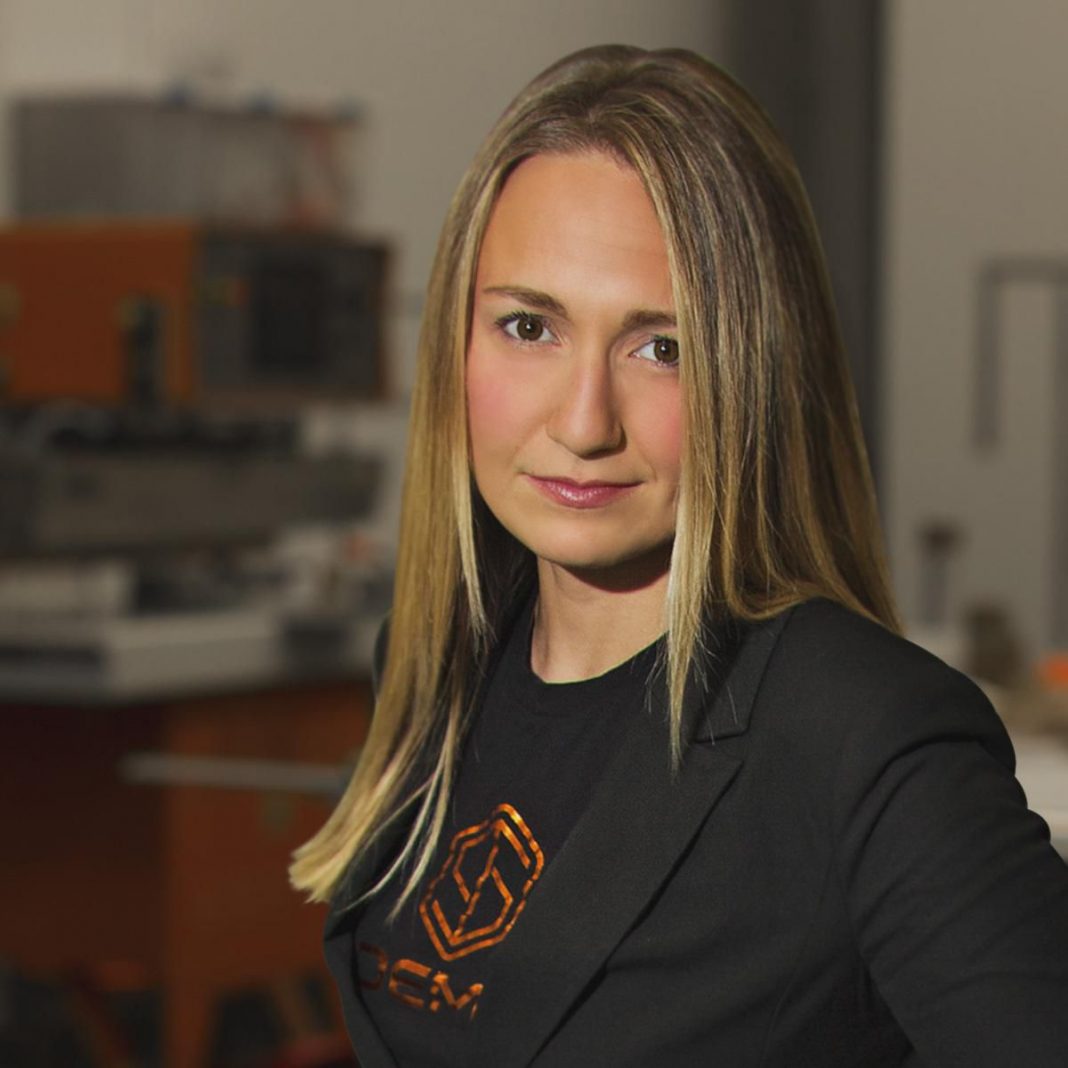
Amber McDonald, president, CEO, and Cofounder of Indemnis
Indemnis
For many startups, the coronavirus pandemic has turned things upside down and inside out. To survive and thrive, founders have had to pivot to changing market conditions quickly. Adaptability has become the new black.
Leading an adaptable startup requires being focused on how to do things in the future, not on how you have done things in the past. Natalie Fratto, who is building Launch With GS, a $500 million initiative to invest in women-led businesses and investment managers at Goldman Sachs, describes three characteristics adaptable leaders must have in her TED Talk. You need to:
- Constantly ask yourself, “What if?”
- Have a beginner’s mindset and unlearn the way you currently do things.
- Focus on exploring new options rather than exploiting the old way of doing things.
I recently reconnected with Amber McDonald, president and CEO of Indemnis. When last I wrote about the company, McDonald was waiting for the US Federal Aviation Administration (FAA) to approve a waiver that would enable drones with Indemnis’ fail-safe technology to fly over crowds of people. Then the federal government shut down for 35 days between 2018 and 2019, postponing when the company could start selling its product. She is no stranger to overcoming challenges.
For safety reasons, drones are usually not allowed to fly over crowds. No matter how good your technology is, sometimes drones will fail and fall out of the sky. Indemnis is a proven, reliable, unmanned aerial vehicle (UAV) parachute-recovery system designed to meet and exceed FAA standards for flight over people. Waiting an additional 35 days for approval wasn’t ideal but, by comparison to the Covid-19 crisis, it was manageable.
Now, McDonald has been maneuvering through the new normal created by the pandemic and getting ready for the next new normal, which, she hopes, will see her team traveling freely to do business-development demonstrations.
“Not traveling has been the hardest thing for us,” said McDonald. “Police and fire departments get really excited when they see the parachute deploy. That’s really hard to do remotely and over Zoom.”
The market for safety and security drones is projected to grow to $644.2 million in 2021, according to Coherent Marketing Insights. Coherent forecasts a compounded annual growth rate of 34.7% through 2027—growing the industry to $3.8 billion. That’s a big addressable market for Indemnis.
For some companies like UPS, they buy the drone with the parachute recovery system. Other companies just purchase the recovery system. For them, Indemnis does custom integration of the parachute into their drones.
“It’s [the pandemic] been a blessing and a curse,” said McDonald. Some of the industries the company serves, such as film, construction, infrastructure, and oil and gas, took a huge hit. Research and development projects, such as for the food delivery sector, were halted. No surprise, the delivery of healthcare supplies, such as Covid-19 kits, grew substantially.
What if the company offered its product to other sectors? Indemnis is doing just that, branching out to work with government agencies and doing business in Europe.
What if the company offered new products and services? Even though Indemnis has a waiver to fly over crowds, its customers have to get one, too. Indemnis became an expert in pulling together the data package for filing with the FAA and now sells this as a service to clients.
Take on a beginner’s mindset. Adjusting to a changing world may require cooperating with competitors. As strange as coopetition sounds, it may be a good strategy for growth. Indemnis partners with other companies that offer complementary products, such as other safety systems and airbags, to provide a complete solution to its clients.
With growing interest from local, state, and federal governments, and corporations to start or grow supplier-diversity programs, selling through them holds potential for Indemnis. A supplier-diversity program is a business development program that encourages the use of historically underutilized businesses in the supply chain. The Biden Administration is likely to increase federal contracting opportunities for small minority- and women-owned businesses.
“The FAA recently published its flight-over-people rules, which should help accelerate drone delivery in the next couple of years,” said McDonald. The FAA also approved a waiver for an Indemnis customer, allowing drone delivery of Covid-19 kits over people anywhere in the US, without any predefined operating areas. “This was a big win.” This could be applied to other situations such as droughts. Raising your voice in DC could help expand your industry.
Rather than exploit the funding sources Indemnis already used—angels and Regulation Crowdfunding— McDonald is exploring new funding sources for research and development. A source of funding for STEM (science, technology, engineering, and math) startups is the Small Business Innovation Research (SBIR) and Small Business Technology Transfer (STTR) grants. Eleven federal agencies participate in these programs.
The total number of women-owned small businesses (WOSBs) receiving SBIR/STTR Awards decreased to 13% in 2018, down from 14.4% in 2013, according to America’s Seed Fund: Women’s Inclusion in Small Business Innovation and Small Business Technology Transfer Programs, commissioned by the National Women’s Business Council (NWBC).
The NWBC plans to increase participation by women-owned small businesses in SBIR/STTR programs. It is a federal advisory committee established to serve as an independent source of advice and policy recommendations for the President, the US Congress, and the US Small Business Administration (SBA) on issues of importance to women business owners and entrepreneurs. NWBC has recommended to Congress that adequate resources be provided for outreach to universities and organizations that support women and POC-led STEM startups.
Applications for these grants are complicated and time-consuming. NWBC has recommended that participating agencies should offer the opportunity to do an initial pitch to determine if the company’s idea is a fit for the program.
How will you adapt to the new normal?




